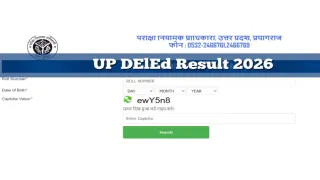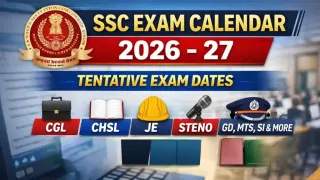The wait for a Dearness Allowance (DA) hike for central government employees may soon be over. Reports suggest that a decision on the DA hike is expected at the upcoming Cabinet meeting, chaired by Prime Minister Narendra Modi. The hike will be effective from January 1, 2025, with arrears payable to employees for the additional amount due since the beginning of the year.
What is the expected DA hike despite the drop in AICPI-IW data?
The All India Consumer Price Index for Industrial Workers (AICPI-IW), which determines DA rates, has shown a decline for the second consecutive month. According to the Labour Bureau, the AICPI-IW index for January 2025 dropped by 0.5 points to 143.2, following a 0.8-point drop in December 2024, when it stood at 143.7.
Despite this, the central government is expected to announce a 2% DA hike, raising the current rate from 53% to 55%.
AICPI-IW Data for December 2024 and January 2025
Here’s a quick look at the AICPI-IW figures for December 2024 and January 2025:
| Serial | Groups | Dec 2024 | Jan 2025 |
|---|---|---|---|
| I | Food & Beverages | 151.3 | 148.3 |
| II | Pan, Supari, Tobacco & Intoxicants | 162.9 | 163.5 |
| III | Clothing and Footwear | 146.7 | 147.2 |
| IV | Housing | 131.6 | 134.6 |
| V | Fuel and Light | 148.6 | 148.6 |
| VI | Miscellaneous | 138.3 | 138.6 |
| - | General Index | 143.7 | 143.2 |
Impact of DA Hike on Employee Salaries
A 2% DA hike will increase salaries for central government employees. Below is an estimate:
- Entry-level Employee (MTS) with Basic Pay of Rs 18,000:
- Current DA (53%) = Rs 9,540
- After 2% Hike (55%) = Rs 9,900
- Increase: Rs 360 per month
- If DA Hike Is 3%:
- DA (56%) = Rs 10,080
- Increase: Rs 540 per month
Employees will also receive arrears for the increased DA starting from January 1, 2025.
Why DA Hike Matters
DA is a crucial component of a government employee’s salary. It helps offset the impact of inflation, protecting the purchasing power of employees. While active employees receive Dearness Allowance (DA), retired employees receive it as Dearness Relief (DR).
No Plans to Merge DA with Basic Pay Before 8th Pay Commission
There have been calls from various employee unions to merge 50% DA/DR with basic pay/pension before the release of the 8th Central Pay Commission (CPC) report. However, the Ministry of Finance has clarified that there are no such plans under consideration.
Pankaj Chaudhary, Minister of State for Finance, recently confirmed in the Rajya Sabha that no proposal to merge DA with basic pay has been approved.
8th Pay Commission: Status and Timeline
The government is expected to set up the 8th Pay Commission by April 2025. The terms of reference and submission timeline for the commission’s recommendations will be decided in due course. Until then, DA/DR revisions will continue every six months, based on AICPI-IW data.
Recent DA Revisions
- July 2024: DA increased by 3%, from 50% to 53%.
- January 2025: A 2% increase is expected, raising DA to 55%.
The anticipated DA hike, likely effective from January 1, 2025, will provide relief to government employees and pensioners by mitigating the impact of inflation. With the hike expected to push the DA rate from 53% to 55%, employees will see a notable increase in their take-home pay. Additionally, the forthcoming 8th Pay Commission will likely introduce further structured changes, ensuring that salaries remain aligned with inflation and market conditions.
Also Read: Who Is Roshni Nadar Malhotra? Meet Third Richest Indian























